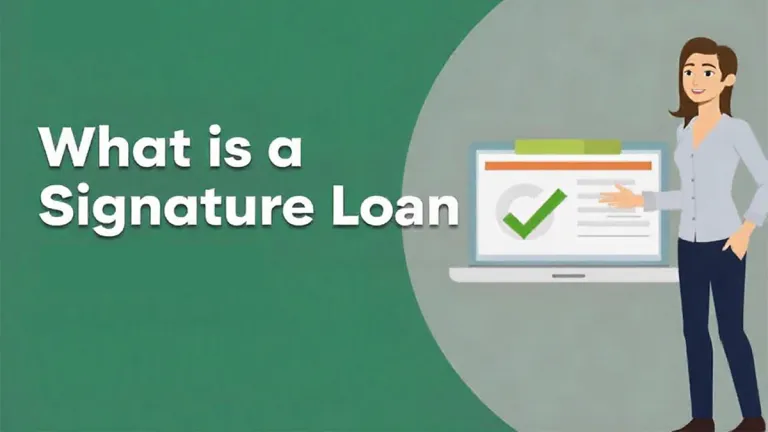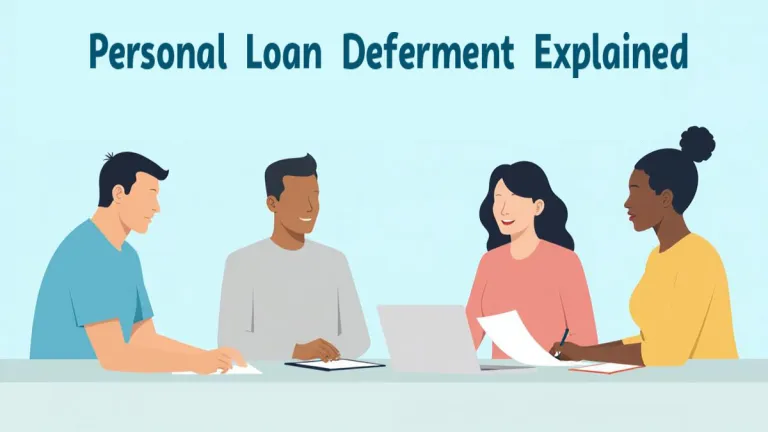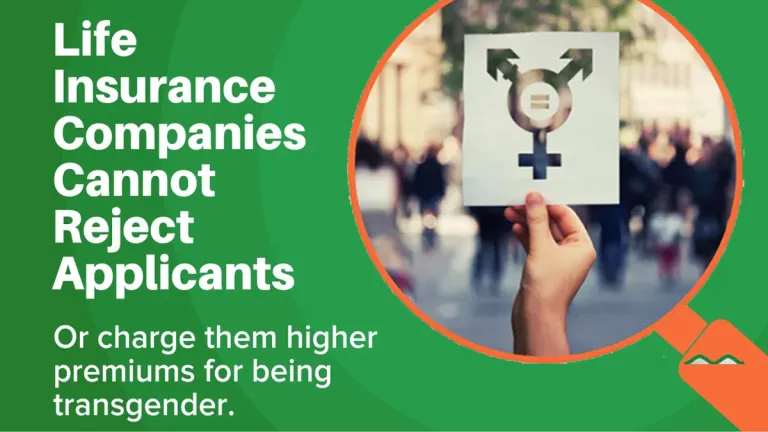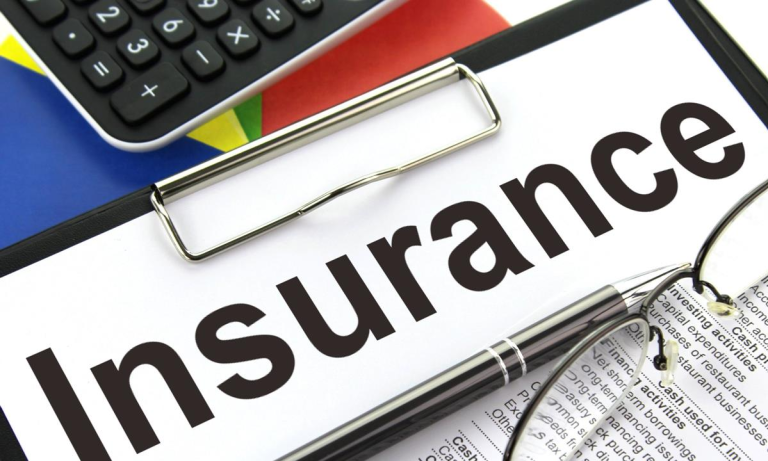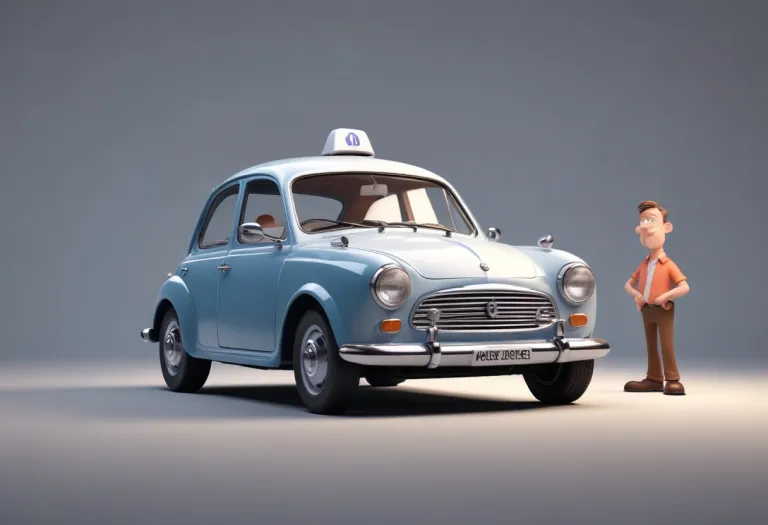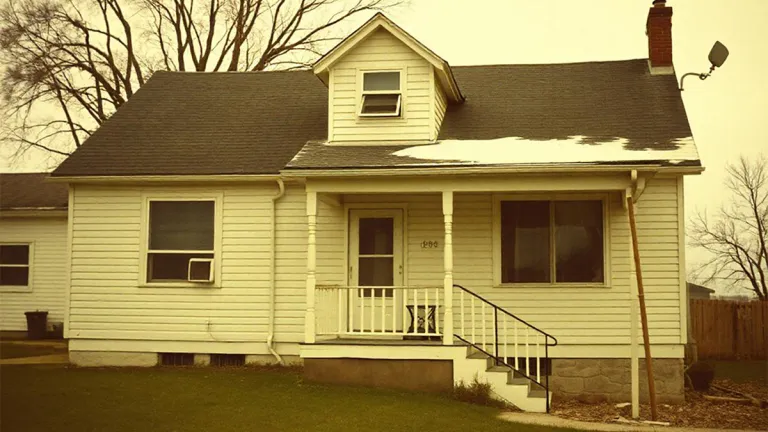
If you are moving out of your home for a temporary period of time, having a basic understanding of what vacant home insurance entails is essential.
Your home insurance provider may decide to cancel your policy if your home is left unoccupied for a long period of time. Hence, there is a need to be enlightened on how vacant home insurance works.
What is Vacant Home Insurance?
Vacant home insurance, also known as unoccupied home insurance, is a type of insurance that covers a home that is unoccupied for a certain period of time, usually between 30 and 60 days. It could be more, depending on the insurance company you are working with and the type of coverage on your policy.
It is specifically designed for homeowners who seek protection and financial security when leaving their house unoccupied for a period of time.
Unlike a standard home insurance policy that does not offer coverage for vacant homes, vacant home insurance is an ideal option if you are leaving your house unoccupied for a period of time. Because vacant homes are prone to vandalism and other types of peril, purchasing a vacant home insurance policy is a smart move.
What Is Considered a Vacant Home?
A home is considered vacant by home insurance companies if it has been unoccupied for one or two months. If the home does not include most of the owner’s personal belongings, then it would be viewed as a vacant home. In addition, if your home does not really function as a residence, it will be regarded as a vacant house.
While home insurance companies offer insurance to homeowners whose home is empty, it is entirely possible to still get insurance if you still have some of your personal belongings in the home.
What Does Vacant Home Insurance Cover?
The coverage in an unoccupied home insurance policy varies significantly across insurance companies; it all depends on your insurer and the coverage you bought on your policy. Nonetheless, standard unoccupied home insurance covers the following:
- Fire
- Aircraft
- Hail
- Windstorm
- Explosion
- Lightning
- Theft
- Vandalism
- Volcanoes
- Riot or civil commotion.
- Smoke damage.
You can make an inquiry about other coverage options from your insurance provider if you need more coverage for your unoccupied home.
Factors That Affect the Cost of Vacant Home Insurance
Typically, vacant homes are expensive to insure, and most insurance companies weigh certain factors when determining the cost of your vacant home insurance. They include the following:
- Condition of the building.
- Location
- Age of the house.
- Reason for the vacancy.
- The length of the vacancy
Furthermore, your insurer will also consider proximity to a fire station and if there are security systems installed in your house. These factors adversely affect how your insurance provider will set your premium.
When Do You Need Vacant Home Insurance?
Typically, if you intend to leave your house for a couple of days, which could be 30, 60 days, or more, you most definitely need to have unoccupied home insurance. Take a look at these scenarios:
- You bought a new property but have not moved in yet.
- Your house is being renovated.
- You inherited a property that remains unoccupied until you find a buyer.
- You moved into a new home, and the old one is still on the market.
If any of these examples apply to you, then you need not wait any longer. You should purchase vacant home insurance immediately. If your home is perceived to be vacant by your insurance company, they can deny you coverage or cancel your policy outright.
How Can I Get Vacant Home Insurance?
You may be wondering if the process of applying for an unoccupied home insurance policy is the same as for other types of insurance. Well, yes, but the process largely depends on the insurance company you are getting the policy from. But we assure you, the process is straightforward and relatively easy.
You can get vacant home insurance through a home insurance endorsement. There are several insurance companies that sell endorsements that offer coverage for vacant homes. You can also explore the option of stand-alone, unoccupied home insurance.
Some insurance providers provide coverage for vacant homes as a stand-alone policy. To find an affordable unoccupied home insurance policy, you can compare quotes from different insurance companies and choose the one that best aligns with your budget and unique needs.
FAQs
Is it cheaper to insure a house if it is empty?
Well, the answer to this question largely depends on the insurance company you are working with. It is possible to find an affordable rate for insuring a vacant home, but generally, the cost of premium is always on the high side. This is because empty homes do not have anyone watching over them, and the chances of them being exposed to a wide range of risks are high.
How long can a house stay unoccupied?
In relation to home insurance, the period of time in which your house can stay unoccupied depends on the condition of the property and your insurance company. Most insurance companies have their own unique requirements when it comes to insuring an unoccupied home. So, it is wide to reach out to your insurer for clarity.
How can I keep a vacant home safe?
If your home is going to be unoccupied for a period of time, there are several ways you can still ensure the safety of your home. Of course, your insurance is there to protect you. But you can prevent any form of damage by asking a trusted neighbor to inspect your house once in a while. By doing this, you can be notified if there is an issue that needs urgent attention.
Another safety measure you can employ is by installing sensor lights or a closed-circuit television (CCTV) that would alert if there’s a break-in, fire, or water accident in your home. This can also notify you if there are intruders who have the intention of carting away your personal belongings.

